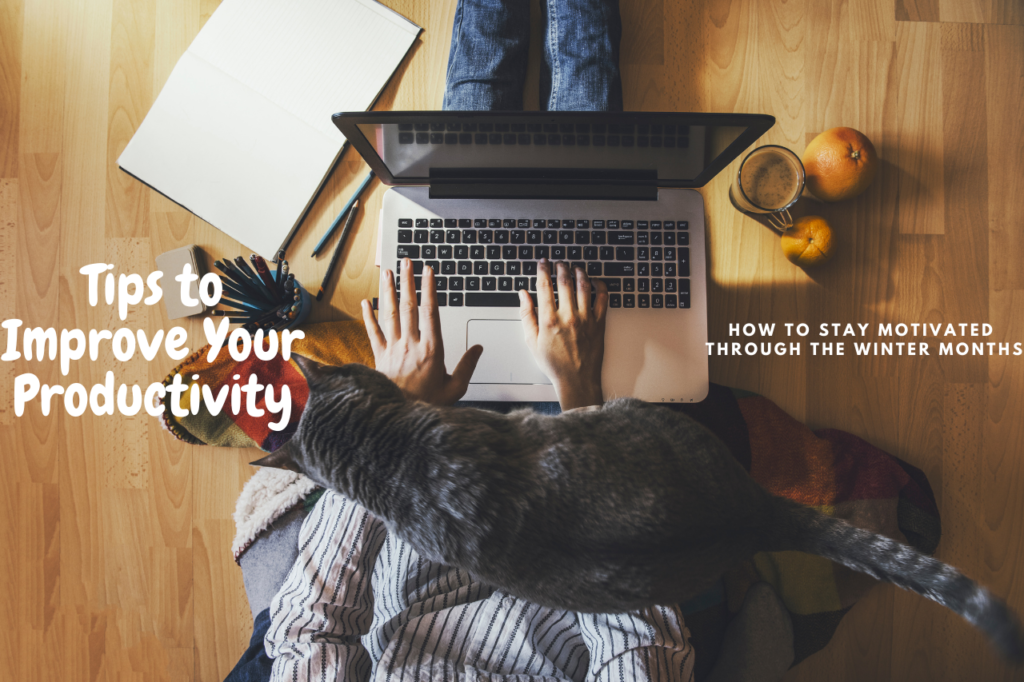With shorter days, colder temperatures, and the occasional snowstorm, winter can be a difficult time of year for people to feel productive. Throw in a pandemic and those challenges grow exponentially.
But there are practical strategies each of us can employ to tackle that seemingly endless list of tasks on our to-do lists.
While Executive Coach Debra Kennedy, owner of Strategic Directions Coaching in Centerville, acknowledged that “this January was a little more difficult than our usual Januaries,” she offered a host of suggestions to ensure we can maintain our focus over the next six-and-a-half weeks of winter.
Break the Big Projects Down into Smaller Tasks
Sometimes we put off those larger projects because they are complex, confusing, and technical. One technique that Kennedy recommends is “chunking things down into smaller activities.” Accomplishing the smaller tasks can make the larger ones more achievable.
Review Your To-Do Lists
Is there a project you continue to put off?
While creating a to-do list can help, Kennedy says, lists are not always sufficient to completing our work. “If you’re a list maker and your to-do items never move and go from month to month, ask yourself, ‘Is it worth it? Am I actually going to do those things?’ or should you take them off your list,” she says. “Or maybe you find someone else to delegate that task to or find another way to get it done.”
Being realistic about your upcoming tasks can be a useful approach in your day-to-day work.
Ask “Why?”
Tied to a regular review of your to-do list is asking yourself why certain tasks need to get done. “If you have a reason you have to have something done, it is more meaningful to you,” Kennedy says. “And the more likely it is you’ll do it.”
Set a 90-Day Window
Kennedy schedules her own work by looking 90 days out and identifying what needs to be done each month. “I use Post-its. I put tasks on a chart and write them out on a piece of paper and look at what needs to get done in the next 90 days,” she says. “I’ll look at those tasks and evaluate which ones to do in February, March, and April, and give them all a place to be.”
This allows her to put off some tasks temporarily while she focuses on others immediately. She then breaks down her work by tackling items over the next 30 days; she’ll even go so far as to separate it down into smaller, one-week increments.
Take a Break (You Deserve It!)
Some days, we’re at the top of our game. Others, not so much.
On those off days, Kennedy recommends, you should recognize that “you’re not your most productive. If it’s one day every now and then, take a nice long walk and give yourself a COVID sick day so you’ll come back refreshed” the next day.
Consider a Job Coach
When all else fails, a coach like Kennedy can be a useful tool, whether you’re starting out in your career or you’re a seasoned executive.
Kennedy, who has worked as a certified executive coach over the past five years after serving as the founding director of Executive Education at Bentley University, spoke highly of coaching, calling it “one of the biggest perks someone can receive, either from a company or by taking it on themselves. If you look at it, it’s similar to athletics, where players get extra coaching to get ahead in sports like hockey or baseball. What business leaders find is it is helpful to develop their career with some intention, as opposed to drifting along, to have a third-party person come alongside to help you get a promotion or be heard better by your team.”

